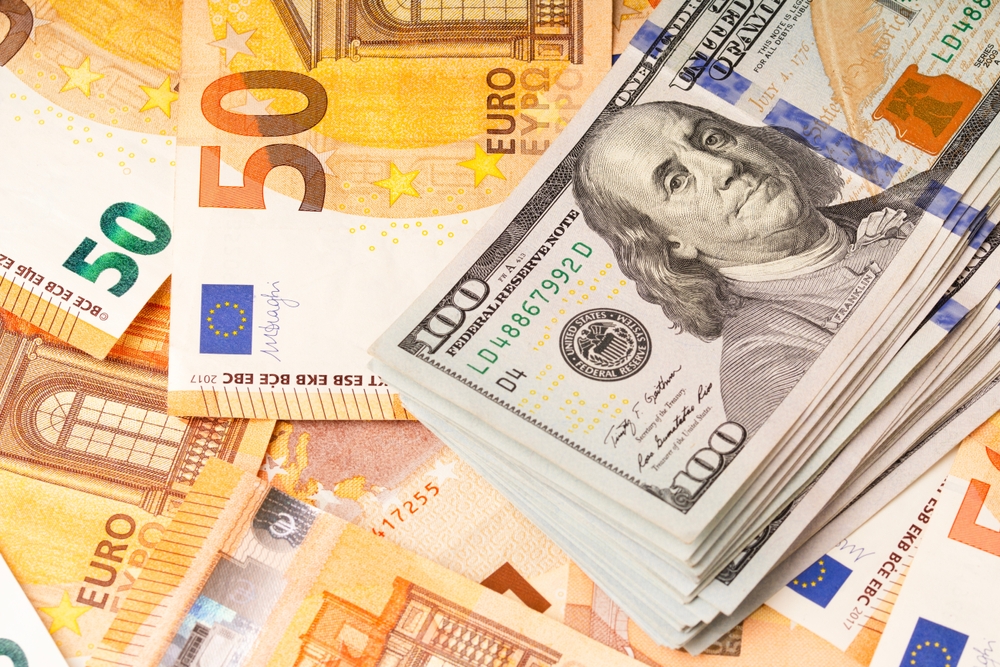This decision is influenced by growing uncertainties surrounding the Central Bank’s stance
Others are reading now
Amidst escalating concerns over currency stability, the Moscow Exchange has suspended trading in dollar and euro-denominated securities, a move that has significant implications for Russian financial markets.
Uncertain Exchange Rates
According to Lenta this decision, influenced by growing uncertainties surrounding the Central Bank’s stance on the dollar and euro exchange rates, marks a pivotal moment in Russia’s financial landscape.
The suspension of dollar and euro-linked securities stems from doubts over the reliability of the newly adopted off-exchange rate formation method.
Previously, exchange rates were determined from numerous transactions totaling approximately $100,000, but now rely on a few multi-billion-dollar transactions processed daily.
Also read
Despite this method occasionally strengthening the Russian ruble, importers remain skeptical of its accuracy and reliability.
Managing Currency Risks
Economist Andrey Barkhota elaborated on the issue, highlighting concerns raised by issuers of securities tied to toxic currency rates.
These issuers vehemently oppose recalculating rates based on what they consider an unfair methodology.
The timing of this policy shift also affects corporate strategies in managing currency risks. Before sanctions and amidst high ruble interest rates, Russian corporations heavily utilized quasi-currency instruments. However, recent adjustments have seen dollar-denominated bonds issued by major Russian companies like Novatek, Polyus, and PhosAgro since mid-May.
Adapting to Changes
Despite adjustments, market experts such as T-Investments’ Chief Economist Sofia Donets suggest that the market is adapting to the changes.
Yet, Barkhota cautioned about potential risks associated with a weakening dollar impacting yuan trades, further complicating Russia’s currency market stability.
As the situation unfolds, importers may need to switch to rubles or resort to complex multi-step strategies, potentially leading to substantial transaction costs. With cryptocurrency schemes involving transaction costs ranging from 10 to 15 percent, alternative solutions present their own challenges.


